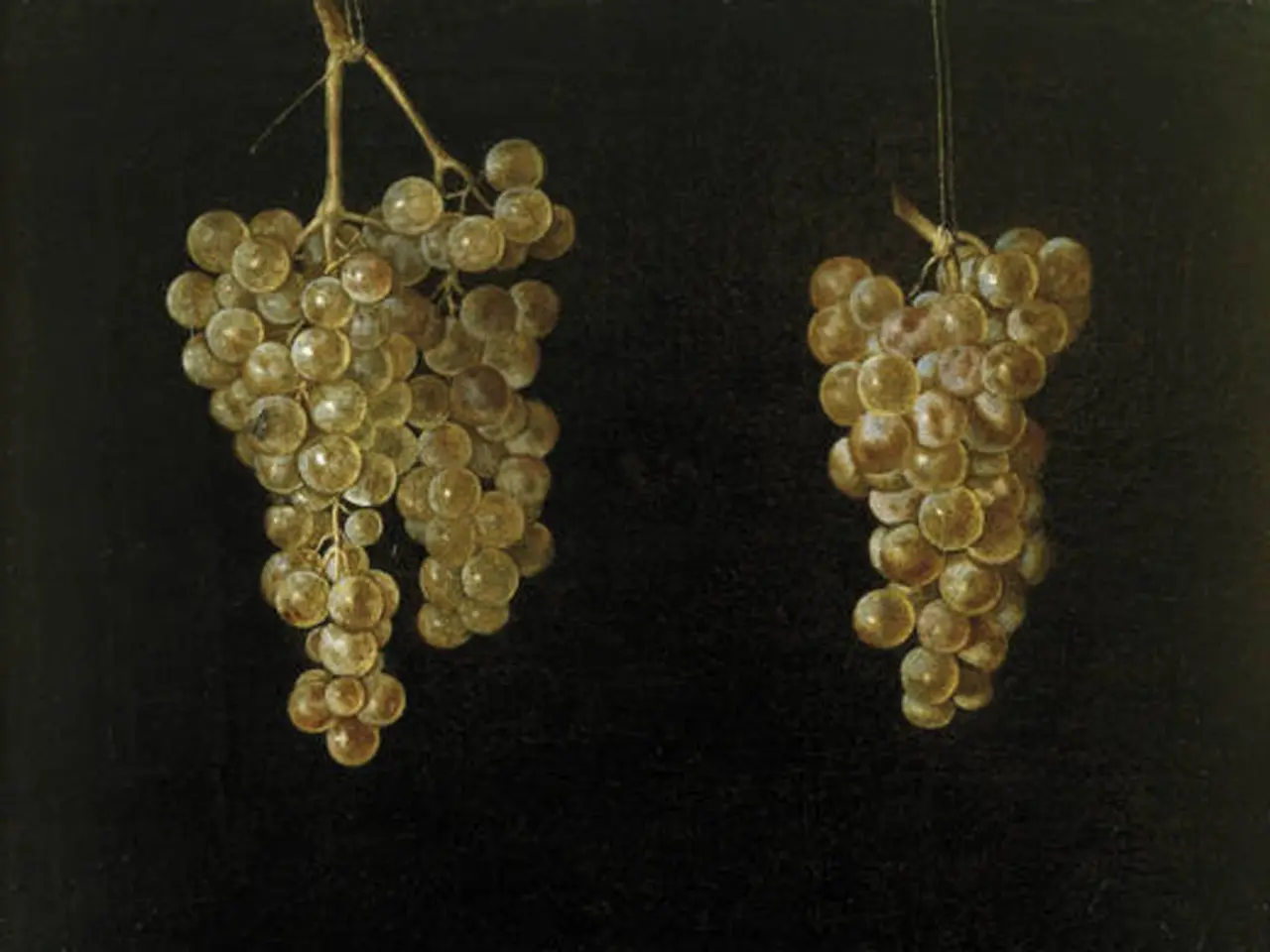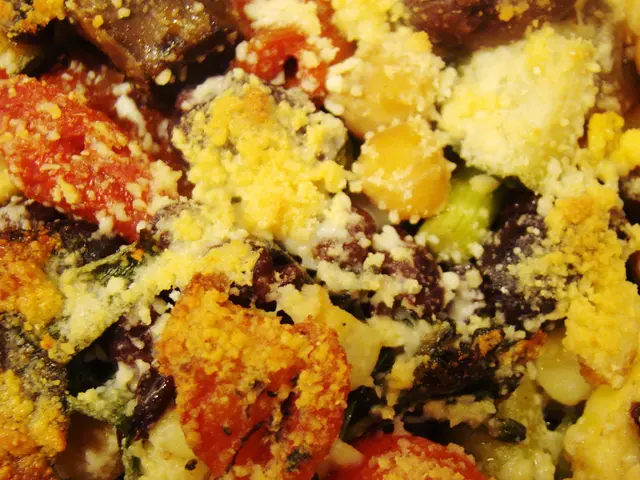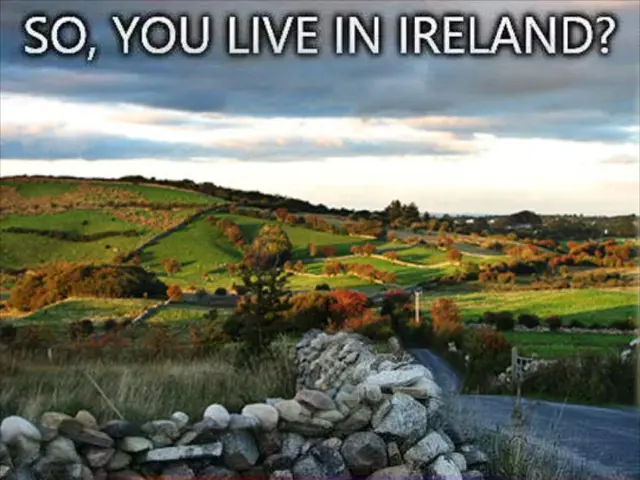Night Harvesting Gains Traction in Portugal as Climate Changes
In response to rising temperatures and changing weather patterns, vineyards across Spain, Italy, and Portugal have been adopting nighttime harvesting practices for several years. This shift in tradition aims to preserve grape freshness and enhance wine quality.
Night harvesting has been a long-standing practice in viticulture, with some Spanish and Italian vineyards employing it for years. More recently, Portuguese vineyards like Herdade Da Fonte Santa have started adopting this method. The harvest season typically spans from late August to October, varying based on region, grape type, and weather conditions.
In Portugal's Alentejo region, daytime temperatures can soar to 40°C, dropping by up to 20°C at night. At Herdade Da Fonte Santa, night harvesting began in 2019, with workers preferring the midnight to 8am shift to avoid extreme daytime heat. The harvest usually ends in September or October, by which time temperatures have cooled. Despite some warm nights early in the season, foreman Vitor Lucas prefers night harvesting due to its benefits.
Traditionally, night harvesting helps protect grapes from daytime heat, sunlight, and oxidation, locking in vibrant flavors and preventing early fermentation and acid loss. This practice has become more common in Portugal due to longer, hotter, and more unpredictable summers, partly caused by climate change. Similarly, wineries in the United States, such as Abacela in Oregon, have been practicing night or early morning harvests for several years to manage extreme heat and preserve grape freshness.
Nighttime harvesting, a traditional practice in viticulture, is gaining traction in Portugal and beyond due to changing weather patterns. By preserving grape freshness and enhancing wine quality, this method offers a sustainable solution for winemakers facing longer, hotter summers.
Read also:
- Federal petition from CEI seeking federal intervention against state climate disclosure laws, alleging these laws negatively impact interstate commerce and surpass constitutional boundaries.
- Hydrogen Energy: Sustainable Innovation or Resource Exploitation?
- Dim outlook for a major energy corporation
- Underwater pipeline shutdown initiative by Michigan challenges scope of American foreign policy, contends Trump Justice Department








